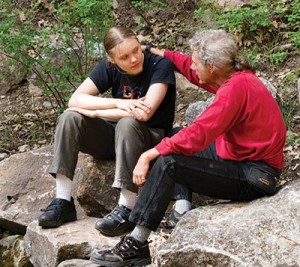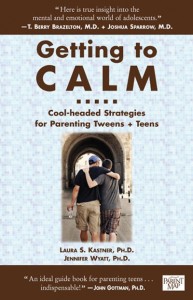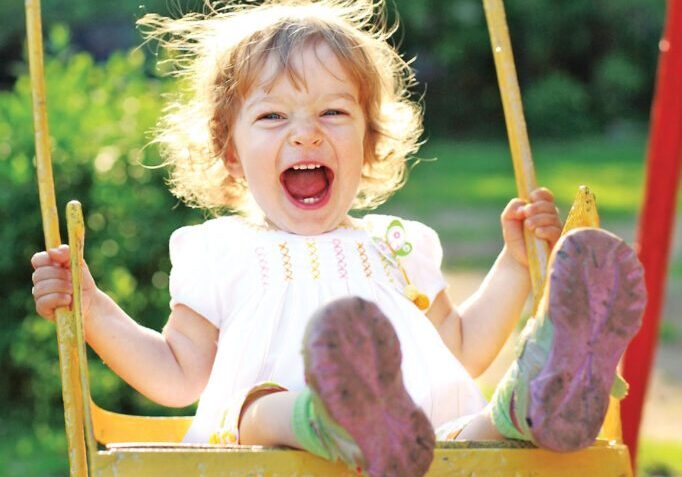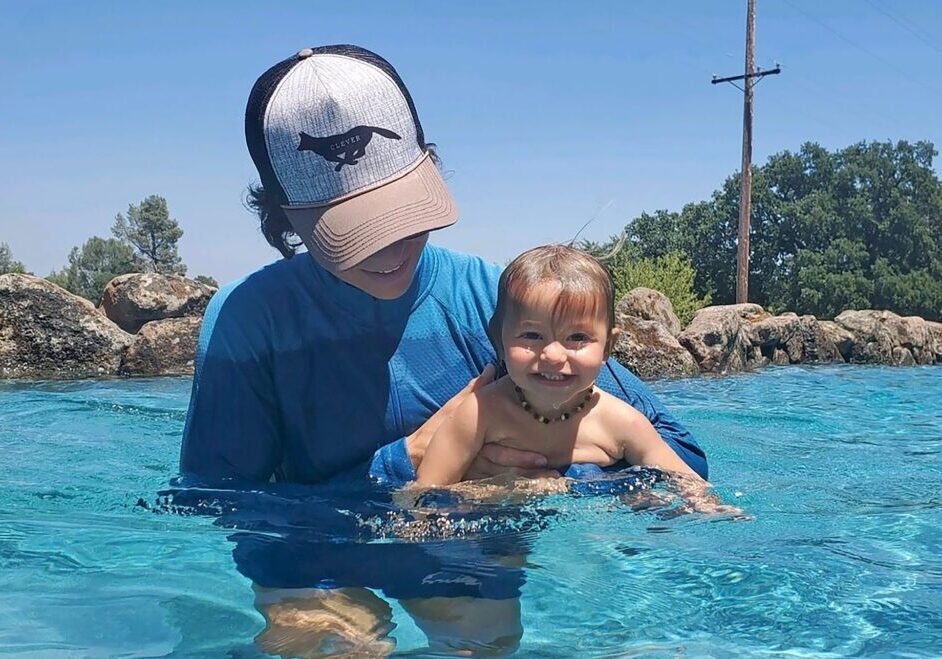
Photo: Living Shasta Photography http://www.livingshasta.com
With open enthusiasm, a mom picks up her middle-school-age son and friends after soccer practice, offering them bagels as they pile into the car. “Nobody likes whole wheat” is all the “thank you” she gets from her son. Attributing his snippiness to low blood sugar, she wisely lets his little dig go. Besides, she’s feeling good about herself as a mom. She has gone out of her way to get a healthy snack, and she’s here for her son, despite her own crazy schedule.
The mom takes another stab at connecting, but in doing so resorts to a tired, overly general question destined to flop: “How was your day?”
“Fine,” he says with a sigh of disgust.
Feeling deflated, she tries again by asking the time of his next soccer game. “Are you deaf?” the son snaps. “I already told you. I’m not telling you again.”
Three for three. Here’s a mom who has tried her best to tee up for a positive interaction with her son and is shot down each time. Crestfallen, she wonders whether she has done something wrong to be treated this rudely.
Has she?
Sometimes it sneaks up on parents little by little, and sometimes it happens in a flash: There’s a difference in your relationship with your child. Maybe he’s more impatient with you or she doesn’t seem to want you around when she’s with friends. Perhaps it’s in the rolling of the eyes or the clamming up. Whatever the telltale sign, after a decade or so of being pretty good buddies most of the time, something has changed. And as with the mom in the soccer carpool, parents do little to trigger the new state of affairs.
Rudeness covers a broad range of behaviors that parents dislike, from argumentativeness to disgusted looks to blatant disrespect, and it’s often a marker for profound changes ahead. Some parents wonder if they’ve lost their parenting touch. Trying to stay lighthearted, one mom described her daughter’s transformation by saying, “Help! My child has been possessed by an alien!”
Making matters worse, most parents take the rudeness personally. It’s hurtful, embarrassing and appears to reflect bad character. Until adolescence, parents assume that if they’re caring, loving and consistent, their own sweet child won’t morph into a shaggy, morose invader from MySpace. It happens anyway.
[sws_pullquote_right] This article is excerpted from Getting to Calm: Cool-headed Strategies for Parenting Tweens and Teens [/sws_pullquote_right]
This article is excerpted from Getting to Calm: Cool-headed Strategies for Parenting Tweens and Teens [/sws_pullquote_right]
What’s a parent to do?
The first thing a parent should do about rudeness is determine where it’s coming from. Is it an overarching pattern born of an issue that needs special attention? Or is it a temporary phase–more a symptom of a teen’s awkward, awakening self, showing itself as irritability and impatience? Remember, parents are privy to just a slice of their teen’s behavior; what we see at home isn’t the whole picture. Check in with teachers, coaches and friends. Often parents hear from others how polite their teen is. Unless you’re hearing about surliness or flippancy from everyone – including grandma – you can’t call it a pervasive behavior.
During adolescence, rudeness surfaces for so many reasons and out of so many sources that it seems an inevitable part of the age and stage. It’s what you’ll get if your teen is having a bad day, if you’ve frustrated them, if you’ve reminded them to do something, if you’re imperfect, if they’re stressed, or if you’re just you and they’re tired of it!
Since “Don’t you dare talk to me that way!” is ultimately ineffective, what’s the recourse for rudeness? Most families need a bag of tricks from which to pick and choose. Here are a few possibilities:
- Ignore the rudeness.
- Address it directly, without threats or emotional flourishes, in clean language like “Cut it out.”
- Don’t give them what they want, but don’t go on a guilt trip. Simply say something like “I don’t feel inspired to take you to Kate’s when you treat me this way.” Stop there, let them have the last word, but don’t take them to Kate’s!
- Make a pre-emptive strike. For example, teens often show off in front of friends by being obnoxious to parents, so say something ahead of time like “Yes, you can have Alex over, but I don’t like it when you show off. Now you’re on notice. Be respectful while he’s here, or Alex will be sent home.” With minor slippage, give a subtle warning, but be ready to follow through.
- Explain that their rudeness hurts your feelings with a comment like “Play back the tape of what just happened and see what you think. That was over the line and too mean.” Express yourself in one or two sentences in objective language, again without guilt tripping. Don’t do this often.
- Humor and wit can work wonders, if your timing is right. Although it wouldn’t work for everyone, one mom made her point by responding to her daughter’s relentless swiping at her younger sister with a convincing lion growl.
Whatever the approach, set your sights on what you need to accomplish. Perhaps, for example, you need to restrict media, set up a homework schedule, separate fighting siblings or simply end an exchange that’s spiraling downward. The important thing is to keep your mind on the goal – without being distracted by rudeness or bad manners.
Rudeness and bad attitudes are more about forming a self than most parents realize. They relate to hormones, brain development and the urge to draw close to peers and away from parents who have what feels like interminable demands, unreasonable expectations and irritating personalities (yes, reasonable wonderful parents like you and me!). Building a self takes a long time. It’s an untidy process, and it’s miraculous.
Posted in: Parenting, Youth & Teen
Comment Policy: All viewpoints are welcome, but comments should remain relevant. Personal attacks, profanity, and aggressive behavior are not allowed. No spam, advertising, or promoting of products/services. Please, only use your real name and limit the amount of links submitted in your comment.
You Might Also Like...

The Kind of Mother I Am
Inevitably my 18-month-old daughter will fall at the park. I will not try to catch her. On a typical day, my daughter will ingratiate herself with the kids whose mothers […]
North State Teens Give Back To Their Communities With Creativity, Hard Work & Love
Thomas W., Yreka Grace P, Chico Grace is 13 years old and is the president of CCC, a Chico club dedicated to educating others about climate change and doing everything […]

Prepare Your Kids for College: 10 Things to Do Now So They Are Ready
My son looked at me with dread in his eyes. He needed to find out about driver’s education classes and there was minimal information on the website. I smiled and […]

Adult Supervision: A Must To Prevent Drowning
As the weather warms up across the North State, families begin flocking to our lakes and rivers to enjoy boating, waterskiing, and swimming. And, with scorching summer temperatures typical in […]


